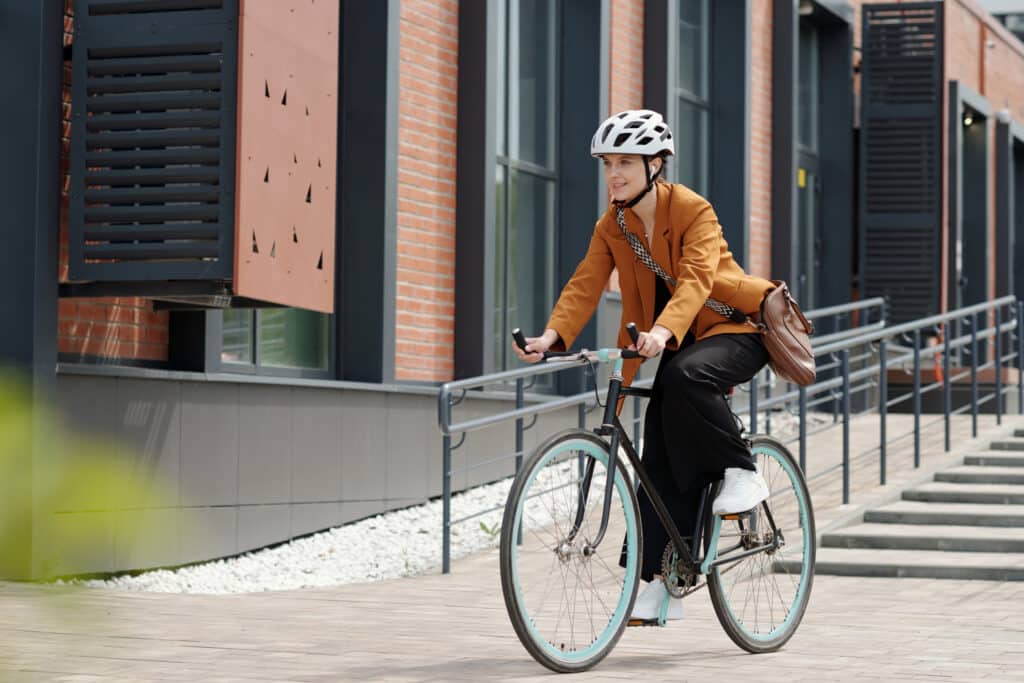Local option sales tax introduced in Iowa House

Rep. Tom Sands, chairman of the Iowa House Ways and Means Committee, has introduced legislation that would allow Greater Des Moines communities to ask voters to approve a 1 percent local option sales tax.
The legislation would alter state law, which currently requires an area-wide vote where cities have adjoining boundaries. Under Sands’ bill, residents of a city –West Des Moines, for example — would vote to approve the tax and could vote to repeal it.
Several Greater Des Moines city and business leaders have sought a change in state law for several years. The current iteration has been referred to as the “West Des Moines bill” after city officials promoted the bill during the current legislative session. However, proponents have expressed confidence that the bill could gain traction with Sands as its sponsor.
Officials who have sought such legislation in the past have said it is essential to providing revenues for services, especially built-in expenditures, some of which are required by state law.
Their calls for a change became more frequent after the state property tax law was changed to lower the taxable valuation of commercial and industrial properties and to roll back over several years the amount of taxable value of most apartment buildings to match the rollback on residential properties, which is slightly more than 50 percent.
Sands said the legislation, which will be assigned to a subcommittee today during the Ways and Means Committee meeting, provides a sweetener that is intended to gain support from lawmakers whose districts are outside Greater Des Moines.
That element is a provision that 50 percent of the revenues collected from a local option sales tax would be devoted to property tax relief. Property taxes are the chief source of revenues for Iowa cities.
Des Moines City Councilwoman Christine Hensley said she would prefer that local option sales taxes go directly to the general fund to meet spending needs. However, she is pleased that bill could gain some traction in the Legislature.
“Being a realist and wanting to have the ability to move forward with this, that is fair and we would make it work. I am thrilled to death that they are willing to look at this for the metro area,” she said.
The Iowa League of Cities, while supporting the removal of the contiguous cities requirement, opposes the legislation because of the requirement that cities that approve a local option sales tax in the future must devote 50 percent of the revenue to property tax relief, said Dustin Miller, the organization’s general counsel.
He quoted the league’s executive director, Alan Kemp, as saying the requirement “takes the option out of option.”
However, West Des Moines City Councilman Jim Sandager said the intent in his city was to provide a property tax reduction from local option sales tax revenues. Using the revenues would result in a 7 percent reduction in residential and commercial property taxes.
In addition, the legislation would correct the “inequity” of allowing residents of most other counties in the state to vote on the local option sales tax.
“We like what the citizens can make the decision for themselves,” he said.
The legislation would require local voter approval of a local option sales tax. Greater Des Moines is one of the few areas of the state currently required to have a metrowide vote, the reason being that most of its cities share a boundary.
Voters could act within 90 days after approval of the tax to have an election to repeal it. Still, the tax would be collected for one year before the repeal would take effect.
Sands said that even if the legislation does not come up for floor votes, it will trigger debate for later sessions.
“At least its a live round for next year as well,” he said.
The legislation, currently contained in a study bill, also allows a countywide vote on a vehicle tax that would be instituted in increments of $1 per vehicle.









